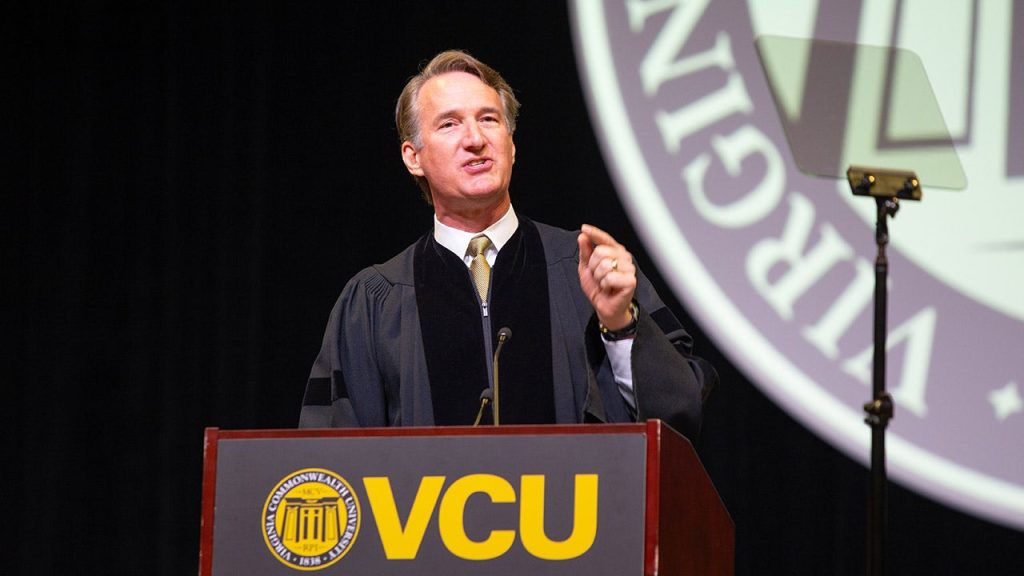Virginia Commonwealth University and George Mason University recently decided not to make diversity, equity, and inclusion (DEI) classes a requirement for undergraduates this fall after Governor Glenn Youngkin’s audit. The decisions were made after Youngkin’s education secretary’s office reviewed syllabi for planned “Racial Literacy” courses at VCU and “Just Societies” courses at George Mason, criticizing the requirements as promoting the progressive left’s groupthink. Despite not being mandatory, the DEI-centered courses will still be available for students who wish to explore them.
The VCU Board of Visitors voted against requiring a “racial literacy course” as part of the General Education curriculum, focusing on upholding academic freedom and empowering students with flexibility in their education. The discussion expressed support for the racial literacy classes, emphasizing that they are accessible to students who are interested in exploring them. VCU President Michael Rao expressed his support for racial literacy courses, recognizing their importance in advancing inclusion and addressing the country’s long journey to achieving equity.
The racial literacy mandate at VCU was developed in response to protests and riots following the death of George Floyd, applying a racial lens to various subjects like media, activism, healthcare, psychology, and education. The VCU board comprises 16 members, eight of whom are Youngkin appointees, with four seats opening on July 1, allowing for potential new appointments by the governor. In a demonstration of support for Palestinians and against Youngkin’s stance on racial equity, over 100 students walked out of his commencement speech at VCU.
At George Mason University, the decision to not mandate DEI classes for undergraduates this fall was influenced by reservations from certain board members about the “Just Societies” courses. Interim Provost Kenneth D. Walsh indicated that a definitive answer on the requirement was needed before fall registration for first-year students, leading to a decision of “not yet.” A new provost will take over on July 1, with the final decision on the mandate left to their discretion.
Earlier this month, a committee report presented to the GMU Board of Visitors raised concerns about indoctrination, silencing of diverse perspectives, and complaints from students regarding DEI programming and curriculum. Committee member Michael J. Meese, a Youngkin appointee, advocated for aligning university policies with the governor’s executive order ending divisive concepts in K-12 public schools. The board remains divided on the issue, with member Reginald Brown expressing the need for further discussion before implementing the Just Societies mandate.
Overall, the decisions by VCU and George Mason University reflect a complex interplay between academic freedom, diversity, and political influences. While DEI courses are not mandatory, they remain available for interested students, highlighting the ongoing debate surrounding inclusion and equity in higher education institutions. With shifting leadership and perspectives, the future of DEI programming at these universities may undergo further scrutiny and changes in the coming months.


